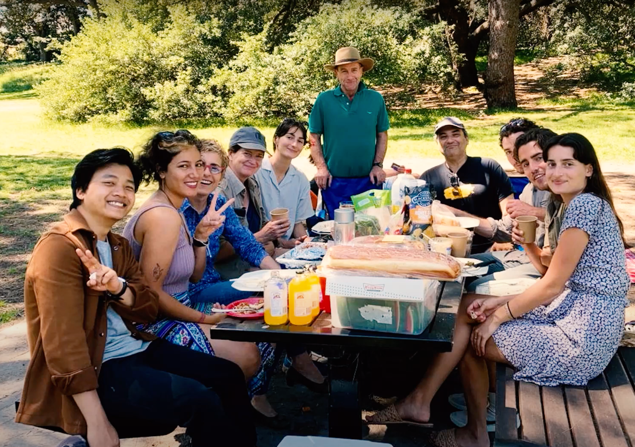How you can support Afghan refugees and evacuees
Community Refugee Sponsorship Australia (CRSA) is inviting serving and ex-serving personnel and their families to support Afghan refugees and evacuees arriving in Australia.
CRSA has established a Group Mentorship Program, which provides Australians with an opportunity to provide hands-on support to Afghan refugees.
If you’ve been affected by what’s happening in Afghanistan, this may be a great way to help out.
You can either join an existing group (subject to location and availability), or form a new one with other veterans, friends, family and neighbours.
Lisa Button is the chief executive of CRSA, which has put together a network of communities in Australia that want to sponsor refugees.
‘It involves things like helping [refugees] find their first home to rent or helping people learn English, or help finding employment when they arrive in the country,’ she says.
Ms Button said the organisation asks people to commit themselves to help for one year.
What’s involved
A mentor group comprises at least five individuals who live in the same geographic community and are keen to provide practical support to refugees. The groups complete an internationally-developed training course and undergo a basic application and screening process in preparation for providing this support. Mentor groups are made up of friends, family, neighbours, and colleagues – basically any group of Australians who feel they have the capacity to give time each week to helping a refugee newcomer.
Group members should come from more than one family or household to ensure that the group can keep supporting their refugee mentee household should any one mentor move away or become unable to continue their mentoring work. Having a varied group of mentors will also provide your refugee mentee(s) with the benefits that come with being able to access a broader network of support, knowledge, experience and expertise.
Mentor Groups work with mentees to identify areas where support is needed, supplementing the support that is provided by any government-funded settlement services. Mentor groups use their own local knowledge, networks, expertise and experience to help refugees achieve their personal goals and successfully integrate into their new community.
The following are some of the things Mentor Groups provide support for:
- finding suitable employment
- securing suitable housing in a regional area with no migrant settlement services
- enrolling and better participation in education
- practising English
- learning to drive
- understanding how to get overseas qualifications recognised
- establishing a small business
- accessing previously unknown local services
- making new friends.
How to get involved
For more information, including how to apply, visit the Group Mentorship Program page of the CRSA website.
CRSA is running online public information sessions to give people a better understanding of the program and to find out if it’s right for them.

